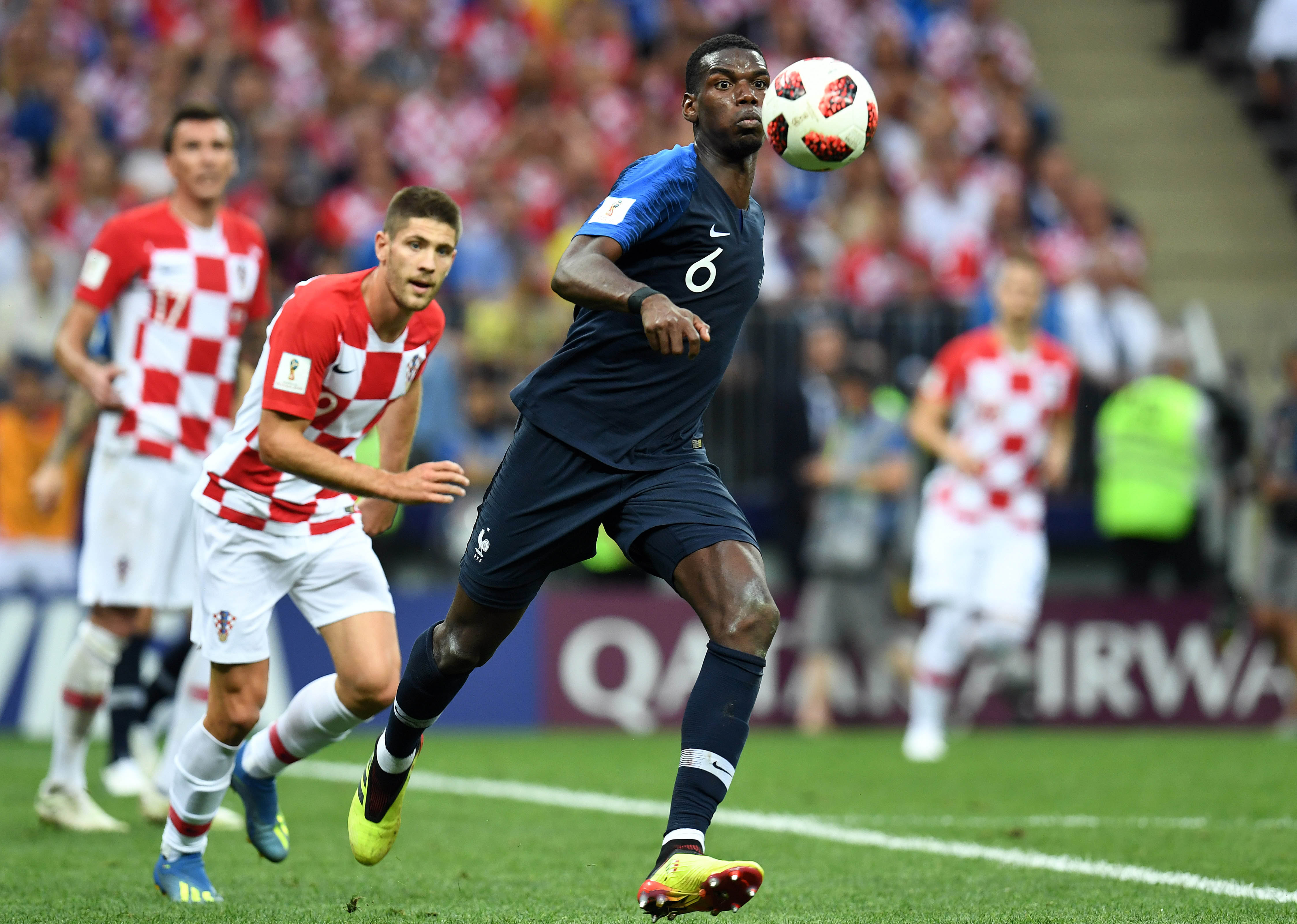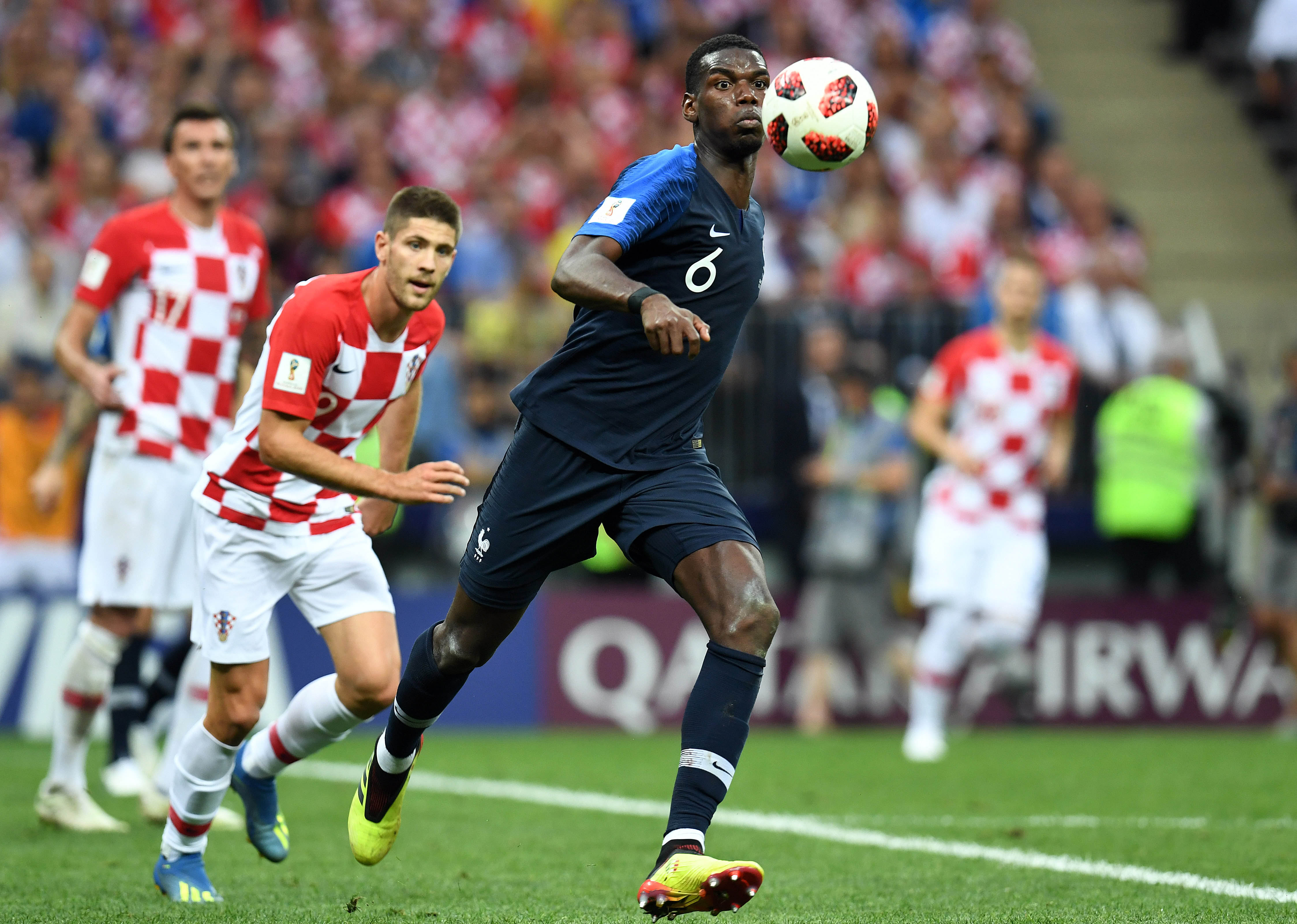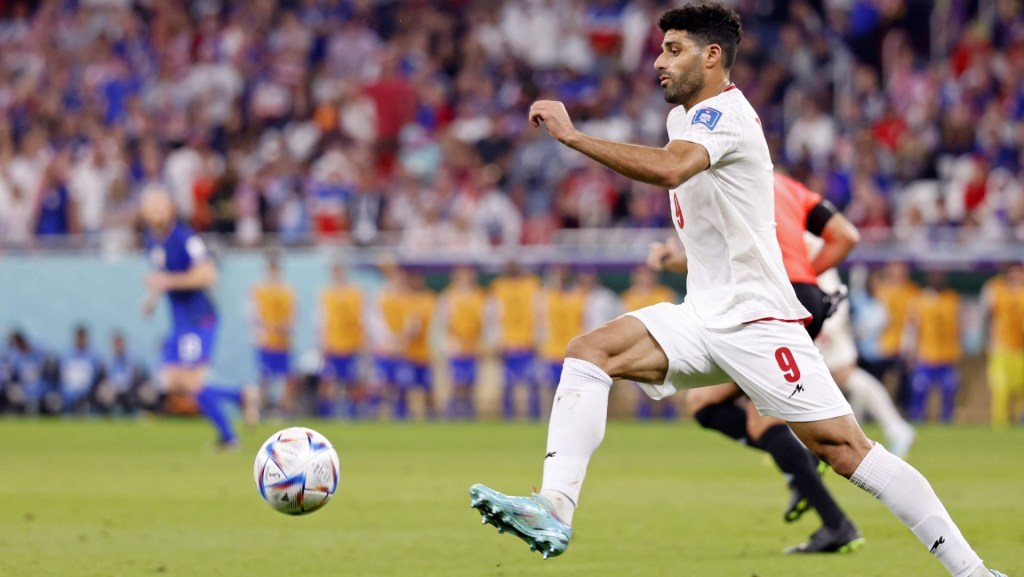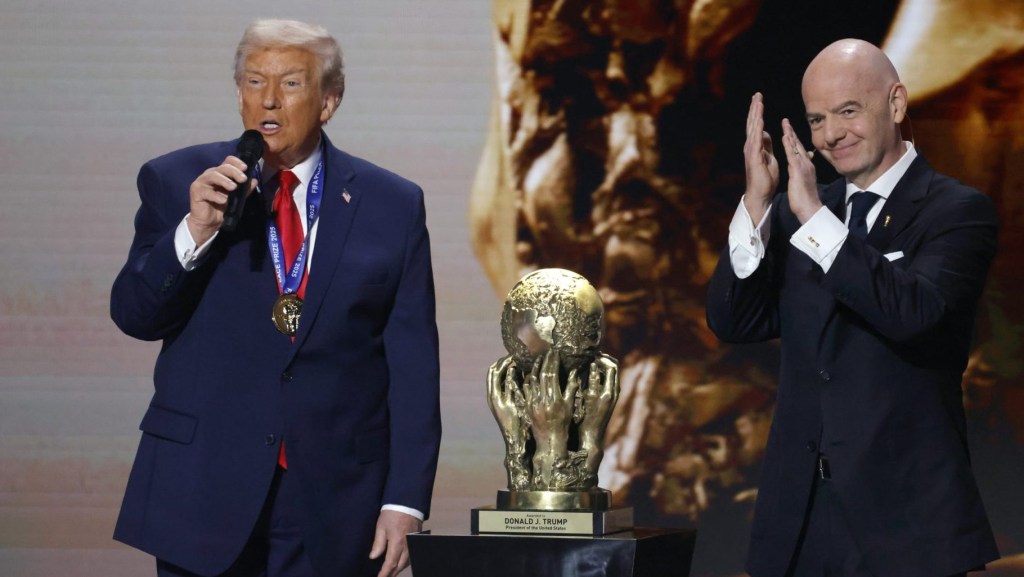
Photo Credit: Tim Groothuis/Witters Sport via USA TODAY Sports
There has never been a World Cup quite like 2026, in which the United States, Mexico and Canada will tri-host sports’ most prestigious tournament. So it’s only fitting, then, that a group of partners ranging from nonprofits to sports broadcasters to soccer fans are collaborating for a philanthropic endeavor so ambitious that it will require seven years of planning to reach fruition.
The 26 x 26 initiative aims to construct 26 soccer fields in under-resourced communities across the three host nations in time for the start of the 2026 World Cup. 16 of those fields will be installed in the tournament’s host cities, while the other 10 will be placed in select cities throughout the United States.
The project is a joint collaboration between several partners across the globe Lionsraw, Local Intiatives Support Coalition (LISC), streetfootballworld, UNICEF and The American Outlaws. Its scope may be unprecedented.
READ MORE: Rematch: Analyzing the USWNT’s Latest Legal Battle with the USSF
“For me, it’s always been about the opportunity here to really change the landscape in a fundamental way through a World Cup in the sense that the profile of the game itself, but also how that can be leveraged for social impact,” said Mike Geddes, managing director of streetfootballworld USA. “I don’t think there’s ever been an opportunity quite like this to create change at the scale.”
The idea traces its roots to a conversation between Lionsraw, a nonprofit focused on “recruiting and enabling [soccer] fans around the world to invest in transforming the most needy communities, to create chances for change for disadvantaged children,” and The American Outlaws, the unofficial supporters group of the United States men’s and women’s national soccer teams. Lionsraw had the idea to build a series of football fields one-by-one across the country and needed help to do so. The American Outlaws, who boast more than 200 chapters nationwide, had plenty of volunteers interested in helping a good cause.
“We have the manpower and willpower to take care of projects like that and to help sustain any sort of program as they move forward in the future,” says American Outlaws Founder Justin Brunken. “Because most of our chapters and these local communities, they’re looking for something to do to give back.”
More partners were recruited as the idea gained steam. streetfootballworld, a global network of about 170 nonprofit organizations, was tapped to coordinate logistics. It was a natural extension of their previous work, which includes collaborating with FIFA on social justice initiatives in the 2010, 2014 and 2018 World Cups as well as UEFA for the European Championships.
“Soccer is a very unique force in the world in terms of how it can be used as a medium to address social challenges,” said Mike Geddes, managing director of streetfootballworld USA. “We thought it was just such a fantastic kind of visionary idea and it was so clean focused on the needs of the local communities.”
[mc4wp_form id=”8260”]
LISC, meanwhile, will serve as the backbone organization that handles the fundraising and implementation of the facilities. The organization has more than two decades of experience bringing high-quality recreational spaces to low- or moderate-income neighborhoods, highlighted by a 20-year partnership with the NFL that has built or refurbished more than 330 football fields in cities throughout the country. According to LISC president and CEO Maurice Jones, the organization was “delighted” at the chance to incorporate soccer into their mission.
“It’s our opportunity to leverage a big international event to benefit communities all across the country who don’t have equitable access to, in this case, fields on which to play the game of soccer — and, most importantly, to learn what comes from that,” he says.
A group of ambassadors has already signed on, too, including former MLS stars Landon Donovan and Dwyane DeRosario as well as media personalities like FOX Sports’ Rob Stone and beIN Sports’ Kay Murray.
Now, it’s time to raise funds. The collective has already begun to approach financiers and, according to Lionsraw’s Ben Astin, the 26 x 26 project manager, have set a goal of raising $12 million in initial capital and formally issuing an RFP by the end of 2020 or the start of 2021. If it gets funded, he says, “we’re not going to wait until like two years before the World Cup or a year before the World Cup – we’re going to start building pretty much straight away.”
READ MORE: Elias Sports Bureau Continues Evolution While Staying in the Family
There’s no point in wasting time, they figure, when communities could be served sooner and better than they have before. To that end, Jones says LISC already vetting local partners “who have skin in the game;” namely, a willingness to maintain the fields long after the World Cup has passed.
None of the respective funding parties are naïve to the road ahead of them. All of them, however, understand the stakes.
“This one is really exciting for us because the game of soccer is one of the fastest-growing sports in the country,” Jones says. “The ability to leverage it to make sure that folks in every community has a chance to become part of the game, to learn the game, to own the game, to have infrastructure for the game is critical.”






![[Subscription Customers Only] Jun 15, 2025; Seattle, Washington, USA; Botafogo owner John Textor inside the stadium before the match during a group stage match of the 2025 FIFA Club World Cup at Lumen Field.](https://frontofficesports.com/wp-content/uploads/2026/02/USATSI_26465842_168416386_lowres-scaled.jpg?quality=100&w=1024)
![[Subscription Customers Only] Jul 13, 2025; East Rutherford, New Jersey, USA; Chelsea FC midfielder Cole Palmer (10) celebrates winning the final of the 2025 FIFA Club World Cup at MetLife Stadium](https://frontofficesports.com/wp-content/uploads/2026/02/USATSI_26636703-scaled-e1770932227605.jpg?quality=100&w=1024)








